The story of Romans International is actually the story of the Jaconelli family and an insight into the supercar retail business from the 80s through to the present day.
Romans, based in Banstead, Surrey, is no ordinary independent used car outlet. The company retails supercars and some are rare examples. The most expensive car sold in Romans’ recent trading history is a McLaren F1 – now worth £12 million – in 2012. In April this year, three vehicles were sold with price tags in excess of £1 million.
The Romans name has been long associated with the Surrey area, although managing director Paul Jaconelli bought the company in 1994 when it was virtually run down. He drew on his previous supercar expertise and, along with sales director brother Marc, and subsequently his middle son Tom, has created a highly successful business. In the past 15 years it has undergone some dramatic changes following the downturn in the economy, the dominance of the internet and the emergence of connected and highly informed consumers.
But the family business has weathered the economic storm and is on track to achieve one of their best sales records to date since Romans was in the hands of the brothers.
Performance snapshot
■ Turnover in 2014 was £43 million
■ Turnover in April 2015 alone was £9.6 million
■ The first three months of this year saw turnover up by 25% compared to the same period last year
■ The company is on track to turn over £60-70 million in 2015
■ In April 2015 Romans sold 47 cars, with 28% going to repeat customers
■ In 2014 they sold 300 cars
■ In 2015, they expect to sell 400
The rise of Romans this century is inextricably tied up with the story of the Jaconelli brothers’ own journey in the motor trade. It began in the 1970s when Paul first began as a Saturday boy at a garage, washing cars. At the age of 19, he was running a sandwich bar business in the mornings and in the afternoons doing up and selling the cars he had bought at auction until he had enough money to rent his own pitch. Once he had raised enough capital he bought a small garage in East Street, Epsom, selling used cars, before moving in 1978 to a bigger site in Upper High Street, Epsom, where he was joined by his brother Marc in 1982.
Next door was another well-known local business – HF Edwards – and when the owner became too ill to continue in 1984, the family persuaded Paul to take it over, becoming their stepping stone into the franchised network, representing Peugeot and Fiat, while also developing the supercar business alongside.
Paul said: “We had no experience, just bags of enthusiasm, yet we became the biggest Fiat dealership in the UK, winning the Fiat Dealer of the Year award for three consecutive years.
“We had a bigger market share than even Ford’s national penetration of 17%, with a 21% market share in our locality. At the time, Fiat itself only had a 2% national market share.”
The brothers pioneered marketing initiatives such as £99 deposit and £99 per month. Eventually, the business grew to number four sites in Ewell, Epsom and Tadworth retailing Fiat, Peugeot, Honda, Suzuki and Alfa Romeo. Meanwhile, their appointment-only supercar business, selling parallel imports to wealthy customers frustrated by the lack of supply in the franchised network and the disparity between European and British prices, was proving hugely successful.
In 1994, HR Owen (then known as Malaya Group) acquired the group. It became apparent to Paul that he wasn’t suited to the corporate world and persuaded them that Marc would be the better candidate. Marc stayed until
HR Owen was broken up and divisions sold off to different parties in 2006, having been promoted to divisional director of the Mercedes-Benz arm, before returning to work with his brother.
Paul had capitalised on his passion for supercars, having purchased the Romans International name but, as prices came into line with Europe and supply to the dealer network relaxed, demand fell and the import business proved less lucrative.
Marc said: “In 2007, just as I joined, two things happened: the beginning of the worst economic crisis in living memory and the withdrawal from the UK market of the financial institutions which had funded us.”
When Paul first took over the Romans business, he continued his long-established relationship with HBOS but in 2007 their manager took up a post with Fortis Bank and the Romans account followed him to the Benelux bank. Within weeks Fortis, hit by the banking crisis, was divided up, parts of it nationalised by the Dutch government and other divisions sold off, pulled out of the UK.
Paul said: “We had to find a new funding partner just as the economy dipped to its lowest point. In fact, motor retail was the worst sector to be in because no bank or funding partner wanted to touch us. We couldn’t return to HBOS because they were in crisis.”
Their strong relationship with their original bank manager stood the business in good stead as he took their case to Santander, which agreed to provide both consumer finance products and fund their stocking requirements.
Paul added: “This was the worst time I had ever known in my 47 years working in car sales. However, we have been partners with Santander ever since and we have never had such a fantastic working relationship with a bank, with a direct line to the managing director of consumer finance.”
The Romans operation evolved again in 2011 when the two brothers were joined by Paul’s middle son Tom. Fresh out of university and struggling to establish himself in broadcasting, Tom took a job at Romans as a stopgap. Four years later, he is an integral part of the Romans operation. As well as responsibility for marketing, Tom works as a buyer where his passion and talent for market analysis has enabled the directors to make some astute buying decisions, as well as pricing their vehicles extremely accurately, thereby turning stock faster.
At this time, Romans once again implemented lessons learned from Marc’s HR Owen days: a business manager was appointed and a stocking policy adopted.
In fact, their business manager came in the guise of their former Fortis bank manager Mike McCann who, despite being ‘over qualified’, has embraced the role. With a focus on finance and a structure in place, the business’ finance penetration has increased from around 45% just a few years ago to a current average of 65-72%.
Marc explained: “We have had to become a very lean operation. We have always sold the best cars, but we had also been among the most expensive – now we still have the best cars which are prepared to the highest standards, but our pricing is extremely competitive. Our margins are smaller and our volumes are higher.
“Paul as the business owner has been open-minded and flexible and prepared to listen to the younger generation and act on their recommendations. In turn, this has enabled us to adapt to the changing economic climate, the demands of today’s consumer and the requirements of a modern business. We operate in much the same way as any of the big dealer groups, but we stay close to the business and our customers and that’s what makes the difference.”
Tom has also pioneered the company’s use of social media – they are active on Twitter, Facebook and LinkedIn, and developed its website to make it easy to navigate with relevant information which has been built from a customer’s perspective, unhindered by manufacturer corporate standards. The cars are presented with all the information a potential buyer needs and between nine and 15 photographs which are taken in-house.
The stock profile has changed with the economic climate and, while halo cars with price tags of around £2 million are still important to the business and retailing rare vehicles is vital for their reputation in the niche supercar sector, they now typically make up around 10% of their stock of around 40-50 vehicles. Another 10% are premium vehicles priced around £40,000 while the remaining 80% are priced around £150,000, aged under five years old and usually within the manufacturer’s warranty. By stocking more cars at the ‘lower’ price range by supercar standards, Romans has extended its customer base, which has attracted higher numbers of local people as well as widening its appeal as a destination business for customers nationwide searching for the right car at the right price. The average stock turn is five to six weeks or around 10 times a year and they operate a 90-day stocking policy.
Paul said: “Our customers come to us because we know the cars. Our sales executives talk with first-hand knowledge and the same level of passion as the customers themselves.”
Their ethos is to assess a vehicle and, if they think it will sell on their forecourt, they buy it and retail it with an accompanying strong marketing campaign. They are quick to differentiate themselves from many other supercar retailers or brokers whom they claim advertise a supercar which they don’t actually own, buying it if a potential customer comes forward.
Paul added: “We have even seen some sellers advertise our vehicles; by contrast, all our cars up for sale are here, available and ready to be driven off our forecourt when a purchase is made.”
Independent businesses like Romans International can still have an uneasy relationship with the franchised network. Perhaps it stems from the days when astute businessmen like Paul were able to take advantage and profit from the lack of supply in Britain and lower prices in Europe. As part of its drive to be the best supercar business in the country, Romans maintains its reputation as the business that can deliver sought-after vehicles before anyone else.
As such, they do buy new vehicles from private customers who pay deposits and place themselves on manufacturer lists for newly launched models. These just-released vehicles are in huge demand simply because supply is short and the novelty factor is in play which means they often sell in excess of the manufacturer’s RRP.
Marc said: “If we sell a new model for £10,000 more than the RRP, how is that detrimental to the brand? Surely we are enhancing the brand? We are helping to make that model even more desirable, which has a positive impact on their dealer network as demand is even higher.”
Romans utilises authorised repairers over the franchised dealer workshops, again citing ingrained tensions, explained Marc: “The franchised network is more likely to see us as the enemy, rather than a chance to do business. If the franchised network provided us with fleet discounts and a fast and efficient service, we would send our business to them. We have a large volume of work which would help keep their workshops full.”
Romans benefits from a solid loyal customer base who return time and again to buy a new car. Some of them will keep their vehicles for less than a year and many of them purchase the cars as an investment.
The internet has also turned it into much more of a destination business as vehicles are easier to locate and they are attracting a high number of customers from the local area as more people are earning the kind of money in the south-east which makes used supercar ownership affordable.
Paul commented: “We are an established business with a formidable reputation and that means people want to buy from us because they have heard of us and they trust us. We now have a much more diverse customer base and many local people want our sticker in their back window which is a reflection of our reputation in the area.”

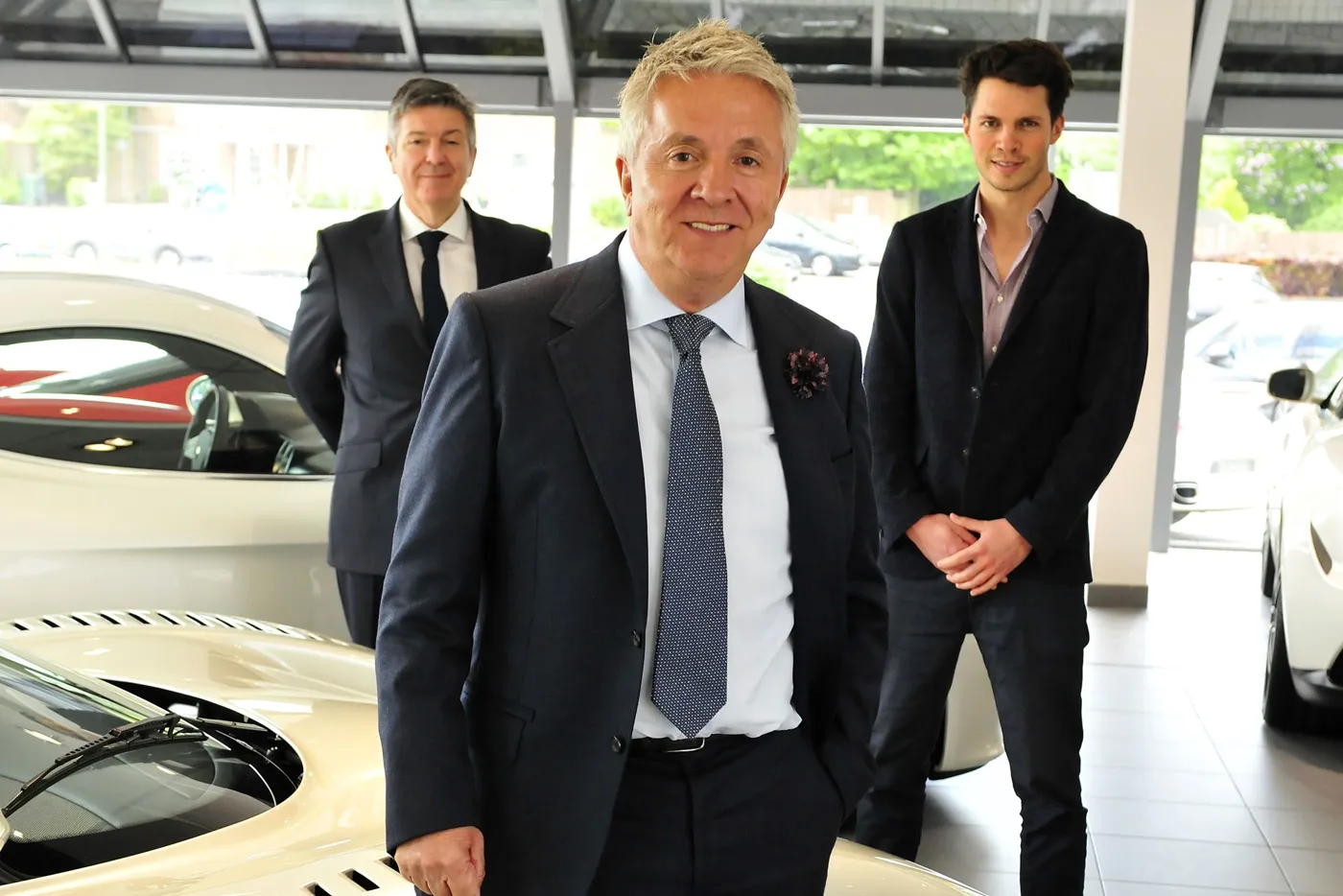









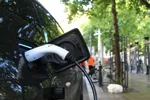



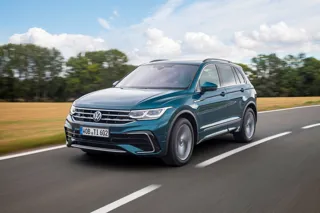
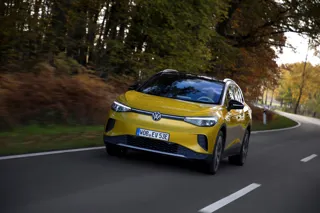
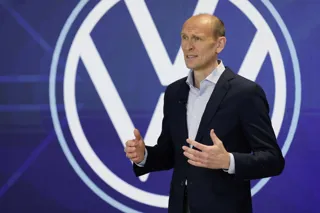

Peter Fromel - 07/10/2017 09:18
Secret is simple do not pay comission to car brokers